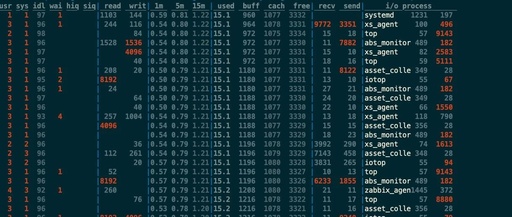Experiencing Disk I/O Lag on Linux? Step-by-Step Guide to Identify the Culprit Process!
Experiencing Disk I/O Lag on Linux? Step-by-Step Guide to Identify the Culprit Process! Have you ever encountered a situation while using Linux where the disk suddenly becomes sluggish, the system response is delayed, and even entering commands takes forever? It is very likely that a certain process is excessively reading and writing to the disk, … Read more









